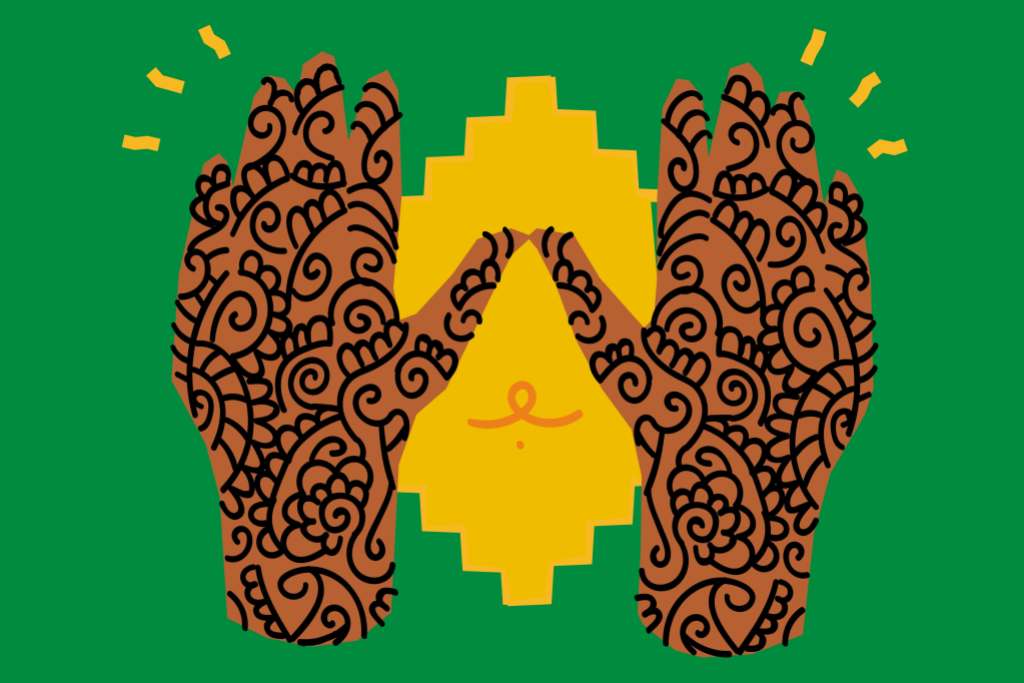“Peer support occurs when [Wikimedians] provide knowledge, experience, emotional, social or practical help to each other.” If we replace the word “people” in the first sentence from the Wikipedia article about Peer Support with “Wikimedians”, it becomes very clear that the Wikimedia movement already is a network for peer support in many aspects.
Often, this type of peer support is focused on content production or technical issues – things such as good sources, the correct use of templates or tools and similar issues. This support is given in many places, on Wikimedia Foundation hosted sites talk pages, notice boards and Phabricator, but also on other platforms like IRC, in different chat channels, and elsewhere. Wikimedians provide help for each other in many ways every day.
In recent years it has become more and more clear that Wikimedians also want a different kind of peer support – emotional support, support of targeted users after harassment incidents have happened, support after acts of discrimination is rarely shared openly on our projects, but often given in more private spaces. We know that currently, this type of peer support is already shared in some spaces within our communities.
In line with the 2030 strategy recommendations for more safety and inclusion as well as with requests from the community during recent consultations, the Wikimedia Foundation wants to support volunteers in a more holistic way. Supporting those volunteers that support each other in times of distress, that help build safer and healthier communities, is one of the important goals of the Trust and Safety Team.
If you want to learn more about what is happening with peer support networks in the Wikimedia movement or if you want to engage and help us build a strong network for peer support, please come and visit the peer support page on Meta or sign up to be part of one of our upcoming focus groups!

Can you help us translate this article?
In order for this article to reach as many people as possible we would like your help. Can you translate this article to get the message out?
Start translation
